Small Business Tax Preparation Checklist: All Steps Simplified and Explained!
by Mashum Mollah Finance 12 August 2024

As a small business owner, you’re bound to have a lot on your plate. This article will help you take care of the small business tax preparation checklist to save your taxes legally.
Staying prepared in this way helps you easily file your taxes when the time comes. It is also necessary to know the tax needs when the filing season comes.
This small business tax deductions checklist gives you a look into the various taxes you need to know about. Ready to know more? Read on!
Are Taxes Different For Small And Big Businesses?

Fundamentally, there isn’t much difference between the taxes for small and big businesses. However, the small business tax preparation checklist indeed displays significant differences.
If you are a newly functioning small business, let’s brush up on taxes and why you, as a corporation, need to care about it. Of course, primarily from the tax-management perspective.
Tax is a mandatory fee that any government levies on an organization or individual. Why? Well, it’s not extortion. This is the revenue that the government uses to provide us with the best infrastructure and facilities.
When the government collects the tax from you and us, it funds different public expenditure programs.
It becomes a part of corporate tax planning when businesses like yours pay tax on their net income. This tax applies to the company’s taxable income. Namely, it is the company’s revenue minus the expenses.
As per the US federal law, the corporate tax rate is 21%, which has only recently been reduced from a whopping 30-35%.
Moreover, there may be a separate corporate tax which differs between states. As a small or big business, you must pay certain taxes abiding by state and federal laws.
Types Of Taxes
Thus, the first item on your small business tax preparation checklist is meeting the tax obligations. Irrespective of running a sole proprietorship, partnership, or S and C corporation, you must know five central taxes.
1. Estimated taxes
As a small business, you must pay estimated quarterly taxes. But there’s a catch. You are only required to pay estimated taxes if you anticipate owing more than $500 in taxes on your tax return. Complicated much? Let me break it down for you.
If, as a small business owner, you receive even income throughout the year. You’ll divide your entire year’s income and deductions to determine the taxes. Then, you divide that into four even payments (quarterly taxes.).
However, if you do not receive consistent payments, you must calculate the tax owed per quarter. This calculation will consider the actual income and expenditure so far.
- Income taxes which are the ones that you pay on the profits made by your company
- Excise tax that are additional taxes that you may have to pay on specific services and goods
- Self-employment taxes, which comprise Medicare and Social Security for earnings
- Employment taxes that include Medicare, Social Security, and federal unemployment taxes
Now that you know about the different types of taxes you as a small business owner may have to pay. Let’s look at the contents of a small business tax preparation checklist.
Tax Preparer Checklist: Here’s Your Checklist For Small Business Tax Preparation
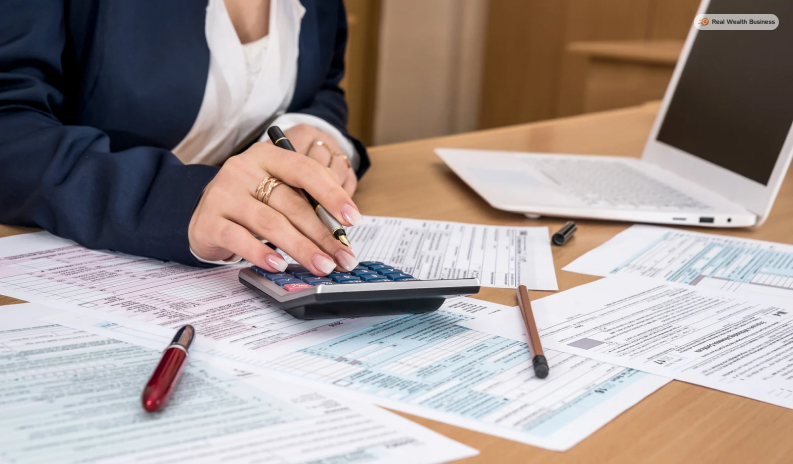
Preparing for taxes can be complex for small business owners. Here’s where a small business tax preparation checklist comes in handy! This checklist can ensure that your task is simplified and that you do not miss an important step. All of these can act as small business tax tips to save money, pay attention!
The following section will illustrate the process of tax preparation. Let’s have a look:
#1 Record of Your Income
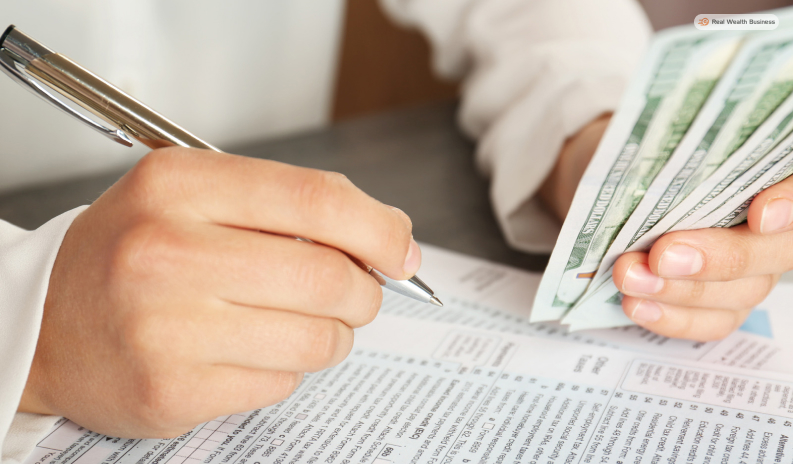
The tax preparation checklist for small business must include this critical detail. The income record for your company includes all the sales records that can verify your income.
These include the invoices, receipts, and other documentation that show your business’ income. This also includes sales transactions no matter whether they are on check, cash, credit cards, or electronic payments.
Also, collect the bank statements from all your business accounts. Why is it necessary, you may wonder. Well, these records will verify all your deposits and sales records.
In addition, it is also essential that you compile a list of all the outstanding accounts receivable and invoices. This helps track the income that is earned but that has not yet been credited.
Adding other sources of income your business has earned is essential as part of the income records. For instance, rental income, interest earned, and other similar income.
#2 Record of Your Expenses

You must have a record of the expenses that your business incurs. For instance, the expenses on operations such as office supplies, rent, and maintenance all account for the operating expenses. A crucial thing to note here is the correct categorization of each expense!
Next comes the payment to your operations teams. These include the employee wages, where you collect the payroll records such as the wages paid. Another important aspect of this expense is the collection of benefits provided.
You must have a record of the benefits that your business provides to its stakeholders. Any payroll taxes that have been withheld must also be recorded.
Note: It is essential to have Form W-2 and Form 1099-NEC for employees and contractors, respectively.
Health insurance is an essential aspect of employee benefits that businesses provide. Despite being a small business tax preparation checklist, your records should reflect your insurance premiums.
These can be for liability, property, workers’ compensation, and other business-related coverages.
Another expense area is entertainment and travel. You must go on team outings or host other entertainment programs as a business. If you haven’t already, start maintaining a record of all the business entertainment and travel expenses. You can calculate these with the help of the ERC tax credit calculator.
This must have the logs and receipts that show the business purpose of those events/trips.
For other expenses, you need to make detailed notes of any vehicle expenses, professional fees, and expenses related to marketing and advertising.
#3 Asset Records

This is of immense value to the taxpayers. These records reflect the assets that may add or depreciate to your business. You must maintain equipment, property, and vehicle records with their purchase dates, costs, and depreciation schedules!
The asset records should also include the documentation of new asset purchases during the tax year. Keep the financing agreement and receipts handy, too.
#4 Inventory Records

This records the inventory count you perform physically at the end of the year. This should include the value of the inventory. Another essential part of this checklist item is the calculation of COGS.
COGS, or Cost of Goods Sold, is the value you get after subtracting the ending inventory from the beginning and the purchases made during the tax year.
Skip this if you need physical products that you sell and provide other services.
#5 Tax Report and forms
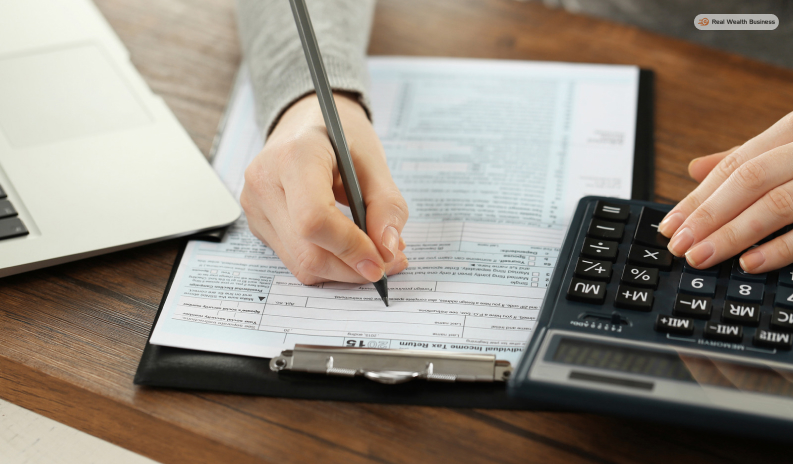
If you filed the tax in the previous year or it was outsourced, collect a copy of last year’s tax return. While at it, compile records of the estimated taxes you paid during the year.
Be sure to have copies of the forms W-2/W-3 and 940-941 as necessary. It is also crucial that you collect appropriate tax reports during the year.
#6 Credits and Deductions
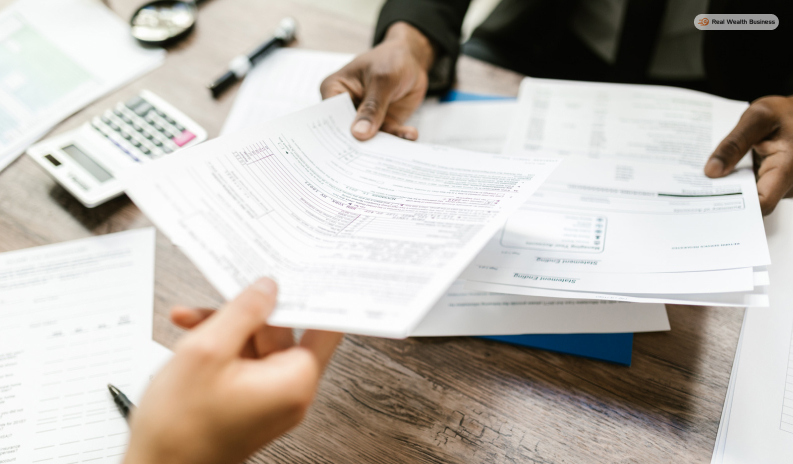
As part of the small business tax preparation checklist, you should also add the deductions due to operations. For instance, if you use a part of your home for business, ensure you have the home office expenses records. This will include the rent, utilities, mortgage interest, repairs, and, most importantly, insurance.
Other items include expenses for business training, education, professional development, and health insurance (family, employees, self.).
Additionally, it includes retirement contributions (SIMPLE IRAs, 401(k)s, SEP IRAs). If your business has made charitable donations, keep its receipts, too. Lastly, document the expenses related to energy-efficient/renewable energy installations.
#7 Organize Your Records

The tax preparation checklist for small business is useless if you do not have the above-mentioned documents organized. One of the most brilliant things to do is to save digital copies of all the essential documents in cloud storage for easy backup and access.
Next, use accounting software to help track expenses and income and help you prepare financial reports easily. This drastically simplifies the process – mainly data compilation. If you think it all seems too much, you can hire a tax professional to review your records and ensure tax law compliance.
#8 Review

Compare the records with your bank statement, credit card statements, and loan accounts to ensure they are accurate. This is an essential step in tax preparation where you must cross-check the entries in the accounting software with the physical copies.
Make any adjustments as necessary for the prepayments, accruals, and other entries.
#9 Finally, File Your Taxes
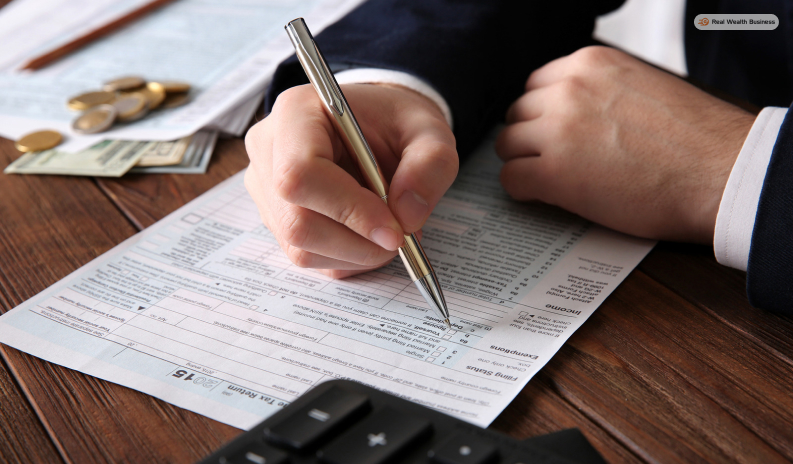
You must choose the proper form to file your taxes. For instance, if you have sole proprietorship over your business, then file Schedule C. Alternatively, if you are a corporation, file Form 1120.
Double-check the credits and deductions to ensure you can reduce your tax liability. Fast-track the process by filing your tax electronically. This will help you reduce the errors as well.
#10 Not Done Yet…

Your task continues after filing the taxes. This step will help you identify the areas of improvement for the next tax year. Keep copies of the filed tax return with the supporting documents. It is recommended that you keep at least the past seven years’ records.
This is also a great time to review your methodology and find ways to adjust your record-keeping. This is another step where a professional may help optimize your strategy.
Conclusion
That’s all about the small business tax preparation checklist that you need to familiarize yourself with. If at any point you find yourself stuck during the process, consider using this guide to help you through.
The tax filing process is relatively easy when you get the hang of it, more so if you can do it yourself without paying a professional. However, if you require assistance, it is best to consult a tax consultant or accountant.
In the comments, tell us how your tax filing process went.
Additional Reading:



































































































